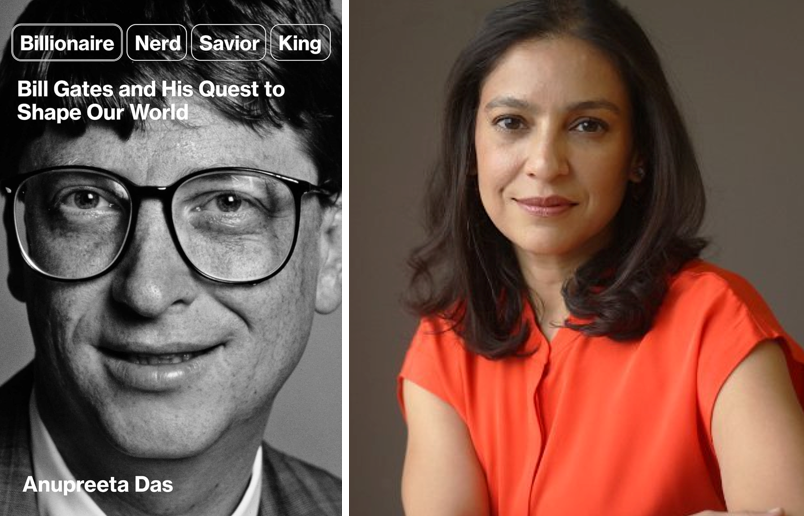Anupreeta Das, South Asia correspondent for The New York Times, delves into the real persona of Bill Gates in her book, “Billionaire, Nerd, Savior, King: Bill Gates and His Quest to Shape Our World.” The book explores Gates’ life, his connections to Jeffrey Epstein, and the myths surrounding billionaires. Das was motivated to write the book after the 2021 divorce of Bill and Melinda Gates, as questions arose about the future of their fortune and the Gates Foundation.
One of the key mysteries explored in the book is Bill Gates’ connection to Jeffrey Epstein, a convicted sex offender. Das questions why a prominent billionaire would associate with someone like Epstein and why Gates’ advisors did not warn him about Epstein’s reputation. Furthermore, the book challenges the myth of self-made billionaires, emphasizing Gates’ privileged background and minimal downside risk in his career at Microsoft which allowed him to take significant risks.
Despite being admired and renowned globally as a philanthropist, some employees at the Gates Foundation describe Bill Gates as harsh and intimidating during meetings, even after his transition from Microsoft to full-time philanthropy. The book sheds light on the dynamics within the foundation and the impact of Gates’ management style on the organization. Additionally, it highlights the Gates Foundation’s approach of data-driven philanthropy, setting standards for nonprofits and closely monitoring their impact.
Anupreeta Das compares the annual giving and influence of the Gates Foundation to other foundations, governments, and the United Nations, describing it as a form of “Big Philanthropy” with a unique data-driven approach. While the foundation’s focus on metrics and assessments ensures accountability for the funds it grants, some argue that it may place undue pressure on nonprofits to meet specific standards set by the foundation. Das suggests that the level of engagement by the Gates Foundation in the charitable areas it chooses to support is uncommon compared to other philanthropic organizations.
While Das did not have the opportunity to interview Bill Gates for the book, she contemplates what she would ask him if given the chance. Questions would focus on Gates’ perception of how the world views him, his level of self-awareness and humility, and how he utilizes his influence and goodwill. She speculates on Gates’ likely knowledge of the book’s objective and references a review by The Economist that discussed the influence of billionaires, indicating Gates’ familiarity with such discussions. The book offers a unique perspective on the complexities and impact of Bill Gates’ philanthropic endeavors.


